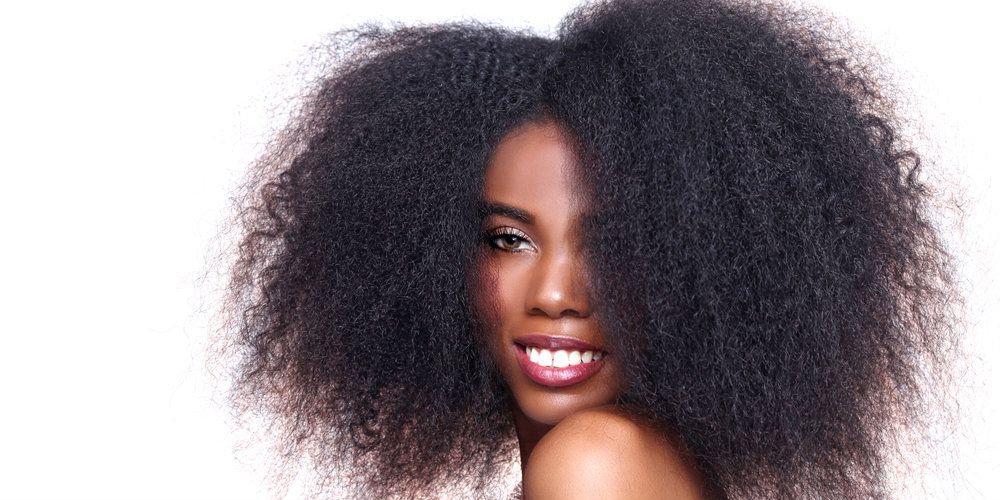Welcome to the New Natural: Tapping into the Potential of the Natural Hair Community

by Donna Desilus
The natural hair movement has leveled up. Like all great cultural movements, it has gone through an emergence stage and then quite quickly crystalized its purpose. In recent weeks, we have watched before our own eyes and ears the natural hair community enter its newest and most relevant phase: curation. What once were a few rogue individuals looking for natural products is now a well-defined community with its own language, values, and authorities. The natural community has moved from seeking to define itself to selecting and organizing its bests, whether they are personalities or products.
This shift is well exemplified in a recent community conversation among naturals about the “who” and “what” of the natural hair space. This conversation was prompted by the recent back-and-forth between “Curly Nikki’s” Nikki Walton and Ebony.com’s Jamilah Lemieux. The controversy centered on Nikki’s recent feature of white beauty vlogger “Sarah” as one of the site’s “natural hair icons.” The post spurred a spirited community debate about the purpose of the natural hair space and to whom it belongs. Responses came from everyone, from notable personalities (link to chescaleigh tweet) to members of local meet-ups, such that a resounding roar echoed across the community. This roar, as demonstrated on both articles’ comment sections, does not reflect a unified voice. However, one thing stands clear, is that this conversation’s very existence is a testimony of the force of the natural hair movement and the commitment of black women who grew it to this level.
However, generalization to the wider market is not the only marker of growth. Some will choose to specialize. As Curly Nikki seeks to broaden the scope of her site, other women have opted for further specialization. Across the natural hair space, there are women who have opted to become another type of natural hair expert. They’ve adopted a scale that measures hair texture on a scale of 1 to 4. The numbers are further subdivided into categories from a-c, with 1a being dead straight and 4c defining super-kinky. These vloggers, who may specialize in 4c hair, all-natural, homemade products, or the art of protective styling, must be seen as women on the forward edge of the natural hair community. Specializing in a niche of natural hair that feels underrepresented.
In reflecting on the tenor of this recent conversation, I noticed that much of the feedback is reflective of larger 21st century consumer trends. Black consumers and viewers, like everyone else, are increasingly looking for products and experiences that emphasize personalization, feature curated content, and focus on delivering high quality user experiences. Unfortunately, for black women, these spaces are too often few and far between. The genius of the natural hair community is that it has integrated this kind of knowledge into a movement based on two principles.
Firstly, they articulate a knowledge and appreciation of the particular needs, features, and history of black hair. Secondly, they know how to best engage the mostly black women who form its base. The natural hair space reflects a community of providers who have not only figured out the what. They have also zeroed in on the who. As a result, black women have developed and maintained a movement so large it has implications for a $500 billion dollar industry. As we continue to hear from our sisters, friends, mothers, nieces, and cousins there is still immense need in the natural hair space and immense need always translates to immense potential. Curly Nikki intends to provide a general space for “curlies” of all types. Black women are increasingly looking for information about moisture for their thick curly fro or for coloring their fine 4c locs. There is space in the natural hair community for both, as long the naturals who comprise that community continue to say so.
Photo Credit: Shutterstock

No comments: